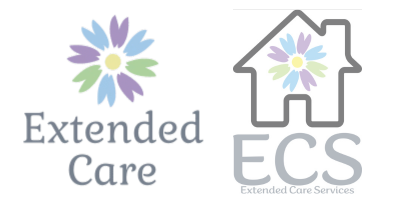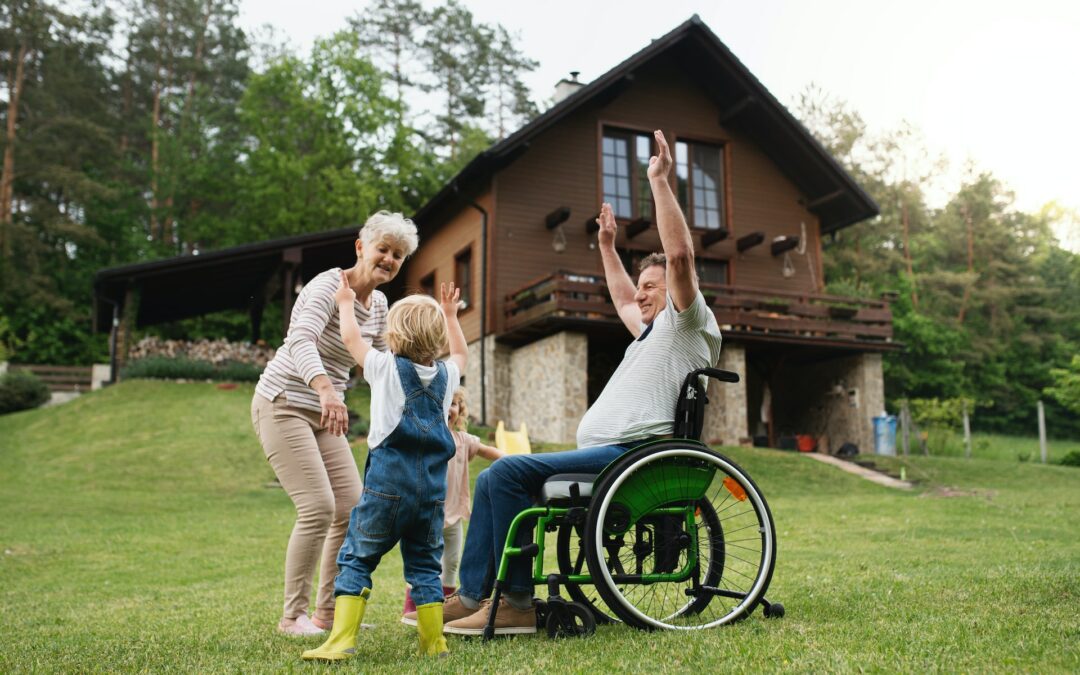For adults with disabilities, finding the right living situation can be a significant factor in achieving independence, personal fulfillment, and a sense of connectedness within the community. Host homes present a unique and advantageous solution that prioritizes individual needs, preferences, and goals, offering a supportive environment that fosters personal growth. Program Approved Service Agencies (PASAs), such as Extended Care, recognize the value of host homes in promoting a higher quality of life for adults with disabilities, emphasizing a person-centered approach that balances safety and enrichment.
In this post, we will delve into the concept of host homes for adults with disabilities, discussing the various benefits they provide in nurturing independence and personal growth. We will explore the advantages of opting for a host home, such as maintaining a sense of family, offering stability, and providing tailored support to develop skills for everyday life.
We will discuss the crucial role played by PASA agencies, like Extended Care, in ensuring the success of host home placements. We will outline how coordination between the host home agency, host home providers, and individuals with disabilities creates an environment that respects and values personal choice while also emphasizing safety and enrichment.
Through this blog, we aim to shed light on the importance of host homes for adults with disabilities, highlighting the advantages and opportunities they provide in supporting independence and personal growth. We will emphasize the crucial role that PASA agencies, host home providers, and a nurturing environment play in fostering enriched and successful living situations for adults with disabilities.
Understanding Host Homes: Tailored Environments for Adults with Disabilities
Host homes are an innovative residential option for adults with disabilities that prioritize personal choice, autonomy, and support. In a host home setting, adults with disabilities live with a host home provider in the provider’s residence, offering a comfortable environment that caters to individual needs and preferences. These living arrangements allow for the development of meaningful relationships and connections while receiving necessary support and care. Key features of host homes include the following:
- Person-centered approach: Host homes focus on understanding and accommodating the unique needs, preferences, and goals of each individual, fostering a sense of respect and autonomy.
- Inclusive environment: Host homes create a nurturing environment that encourages inclusive participation in daily routines and community activities, supporting integration and social connectivity.
- Consistent support: Host home providers offer consistent support and assistance, ensuring that adults with disabilities receive the necessary guidance and tools to develop independent living skills.
Residential Stability and Family Environment: Fostering Well-Being
One of the most significant benefits of host homes for adults with disabilities is the residential stability and sense of family they provide. By living within a family-style environment, individuals can foster emotional and social well-being, establish meaningful relationships, and receive consistent support. Key aspects of the family environment cultivated within host homes include the following:
- Emotional support: Living with a dedicated host home provider allows for ongoing emotional support and understanding, fostering a sense of well-being and connectedness for adults with disabilities.
- Social connections: Host home environments facilitate social interaction and engagement, affording adults with disabilities the opportunity to establish meaningful relationships with others.
- Familiar routines: By participating in familiar daily routines within a stable living situation, adults with disabilities can experience a sense of belonging and structure, supporting overall mental and emotional health.
Skill Development and Personal Growth: Empowering Independence
Host homes offer numerous opportunities for adults with disabilities to develop essential skills, cultivate independence, and experience personal growth. The supportive and nurturing environment provided by host home providers aims to empower individuals in their pursuit of self-reliance and autonomy. Key areas of skill development and personal growth fostered within host homes include the following:
- Daily living skills: Host home providers offer guidance and support in developing vital daily living skills, such as meal preparation, housekeeping, personal hygiene, and money management.
- Community integration: By encouraging participation in community activities and events, host homes support adults with disabilities in building enduring connections with the world around them.
- Decision making: Host home environments cultivate decision-making and problem-solving skills, bolstering self-confidence and personal autonomy for adults with disabilities.
- Tailored interests: Host homes enable adults with disabilities to explore activities and hobbies that align with their unique interests, furthering personal development and fulfillment.
The Role of PASA Agencies in Host Home Placements: Ensuring Success
PASA agencies, like Extended Care, play a crucial role in ensuring the success of host home placements for adults with disabilities. By coordinating with host home providers and individuals, PASA agencies help create living situations that honor individual preferences and provide tailored support. Key functions of PASA agencies in host home placements include the following:
- Matching process: PASA agencies facilitate the process of matching adults with disabilities to suitable host home providers, ensuring compatibility and alignment with individual needs and preferences.
- Support coordination: By coordinating necessary support services, including Supported Community Connections and Non-Medical Transportation, PASA agencies ensure a seamless integration of resources for adults with disabilities.
- Ongoing monitoring and evaluation: PASA agencies conduct regular monitoring and evaluation of host home placements, ensuring that the provided care and support continue to meet individuals’ needs and preferences.
- Training and guidance: PASA agencies offer training and guidance to host home providers, cultivating expertise in caring for and supporting adults with disabilities effectively and compassionately.
Conclusion
Host homes offer a unique and beneficial residential option for adults with disabilities, supporting independence, personal growth, and a sense of belonging within the community. By providing tailored environments and person-centered care, host homes nurture the development of essential skills and meaningful relationships. PASA agencies play a vital role in the successful coordination and implementation of host home placements, ensuring that each individual receives the support and care they require. Embracing the concept of host homes for adults with disabilities is an essential step toward creating inclusive living situations that truly prioritize individual needs, preferences, and personal growth.
If you are looking for a rewarding opportunity as a host home provider in Colorado, join Extended Care today! As a program-approved home help service agency, we provide a wide range of services to individuals receiving home and community-based waiver services. Our services include residential care, pre-vocational services, supported community connections, and non-medical transportation. Work with us to help individuals in Colorado receive the care and services they need. Contact us now to learn more!

